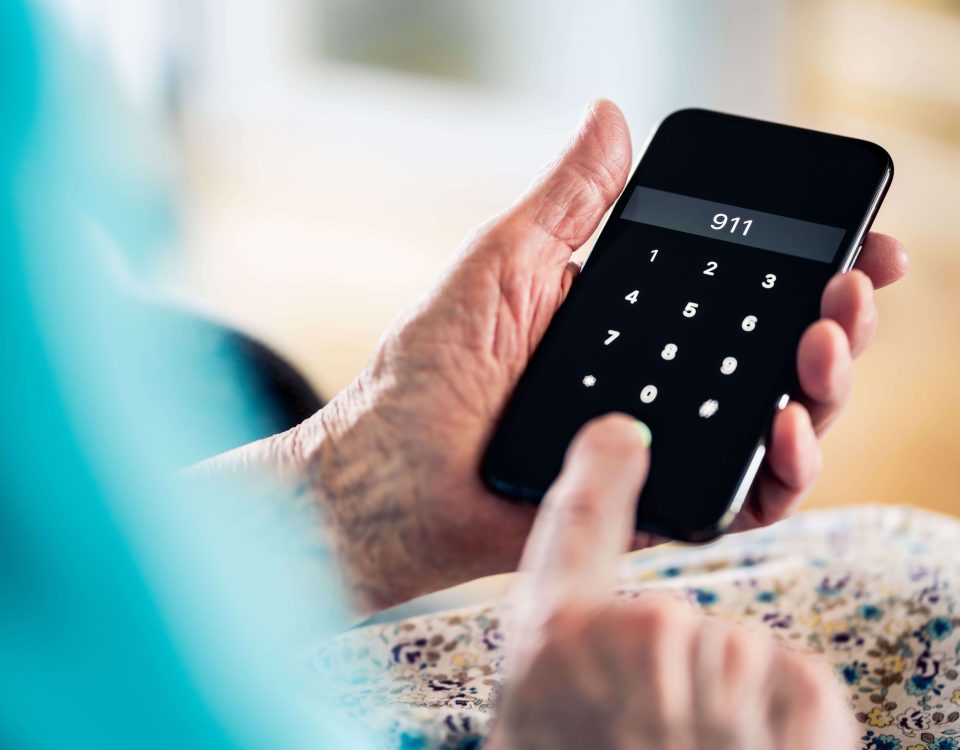- Have any questions?
- 412-123-4567
- noreply@upmc.com
The Importance of Proactively Preparing for Emergencies

Emergencies can happen at any time and to anyone. You may find yourself at the scene of an accident, cardiac arrest, overdose, or other life-threatening situation. But do you know what to do, or know how to help? With basic education, anyone can have the information they need to help save a life before first responders arrive.
Here are a few ways you can be proactive, so that you can be prepared for an emergency situation.
Emergency Training Courses
Emergency training courses are often offered through organizations like the American Red Cross and the American Heart Association, and are designed to help community members become more confident effective in an emergency situation.
Training courses cover life-saving topics like:
- Cardiopulmonary resuscitation (CPR)
- CPR is an emergency lifesaving procedure performed when the heart unexpectedly stops beating, and can be delivered using chest compressions and rescue breaths (mouth-to-mouth) or chest compressions alone (hands-only CPR).
- CPR can double or triple a person's chances of survival during a cardiac arrest.
- Automated external defibrillator (AED) usage
- AEDs are medical devices used during a cardiac arrest. They analyze the heart's rhythm and if needed deliver an electrical shock to restore a heartbeat. You may have seen AEDs in public places, like office buildings or sport venues.
- AEDs can be used by untrained bystanders; however, taking a training course will give you hands-on experience so you'll be more confident about what to do if you witness a cardiac arrest an AED is available.
- Stop the Bleed
- Did you know that uncontrolled bleeding is the number one cause of preventable death from trauma? A person can bleed to death in as little as five minutes. By knowing how to hold pressure, pack a wound, or use a tourniquet, you can help stop the bleed when minutes matter.
Many training courses offer a combination of online and in-person learning so you can pick what best fits your schedule. Training typically takes a few hours to complete, depending on the amount of content that is covered, and whether the course is being taken for general education or certification purposes.
Preparing During COVID-19
With many training courses canceled in effort to help stop the spread of COVID-19 and practice social distancing, there are still ways you can prepare so you know how to help during an emergency situation. Here are some helpful articles about how to help while practicing all state and local health and safety guidelines:
How to talk to an emergency dispatcher
The first few minutes of an emergency often predict the outcome. By knowing how to respond, or what or do, you have the power to potentially save a life.



